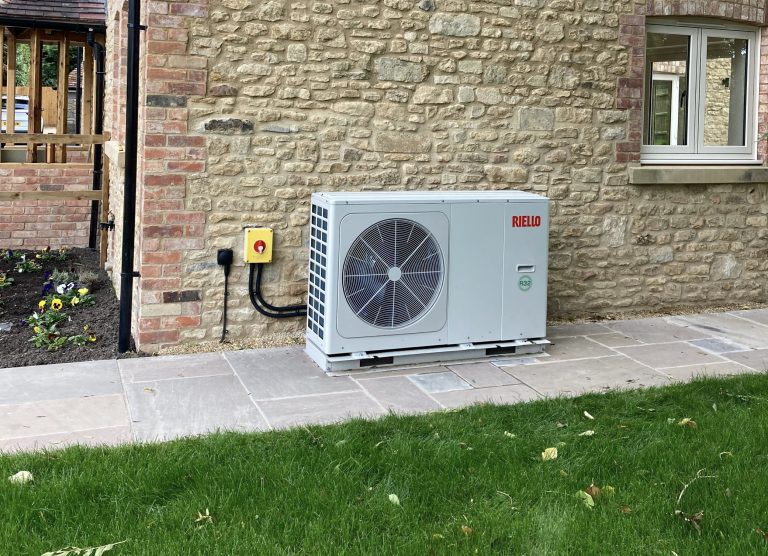
Neil Saunders, Sales & Marketing Director at Vokèra by Riello, Carrier GCS Europe, elaborates on the UK’s current policy landscape surrounding the decarbonisation of heat, highlighting key strategies and technologies aimed at reducing greenhouse gas emissions associated with heating.
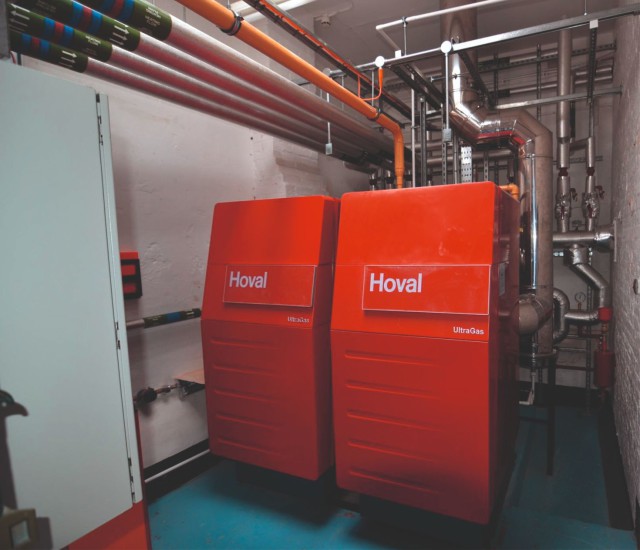
Meeting the challenges of low carbon heating
With combustion remaining a key source of heating for many buildings there is a great deal that manufacturers can do to mitigate associated environmental impact. Ian Dagley, General Manager at Hoval Ltd, discusses the opportunities.

Setting schools on the path to net zero
UK schools are ageing, and their heating systems have seen better days. Taking immediate action to refurbish them is vital to put these ‘hard-to-tackle’ educational buildings on the road to the future of heating.

Co-operation and unity of action are needed to achieve decarbonisation goal.
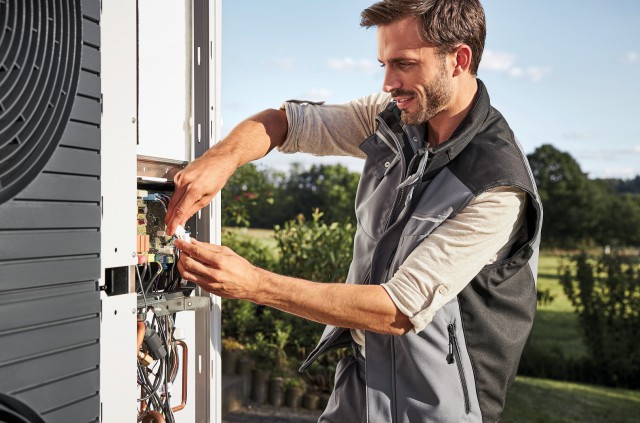
Heat pumps - from the fundamentals to the future
With heat pumps predicted to play a central role in decarbonising heat in new homes as set out in the Government’s Future Home Standard, how can these systems be designed now and, in the years to come, to make the most of their environmental and energy-saving credentials? Steve Keaton of Vaillant looks at the factors designers and installers need to understand.

The way we heat UK buildings will need to change significantly if we are to achieve our 2050 net zero goal. What could the future look like for the UK’s commercial buildings? Tom Murray of Baxi looks at the options.

Intelligent heat networks improve network efficiency
Intelligent heating networks can revolutionise heating efficiency and reduce energy usage, says Neil Parry of Altecnic
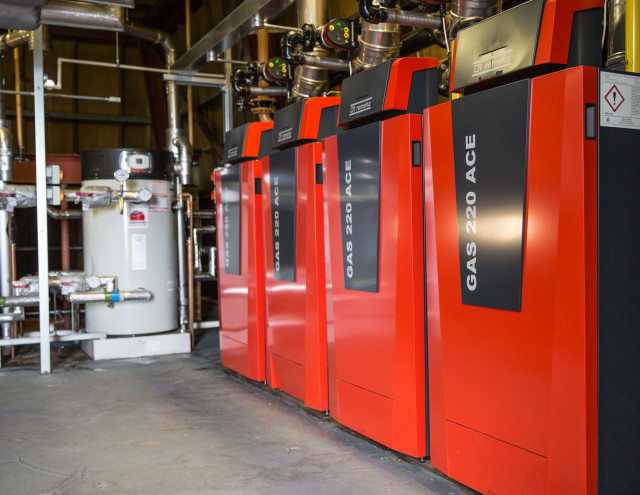
The COVID-lockdown building hokey cokey
As England heads into a winter lockdown, Baxi Heating’s Technical Director Andy Green offers pointers on protecting unoccupied buildings and their heating systems in the colder months

Rinnai range of accredited CPD subjects for continuous hot water heating units & systems
CPD on temp accurate & limitless hot water flows for all commercial sites

As mixed use, high-rise developments spring up across our cities, Kevin Potter considers the challenges and options for designing hot water systems in buildings that include homes, offices, gyms and restaurants.

Recent reports of energy waste in UK commercial properties highlight that more can be done to improve the efficiency of our existing buildings. Where heating is concerned, says Tom Murray, we must continue to tackle the low hanging fruit
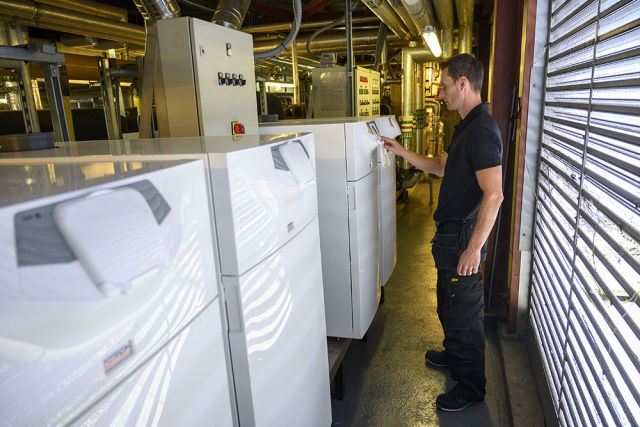
How one hotel upgraded its heating to meet consistently high demand while reducing its energy use.
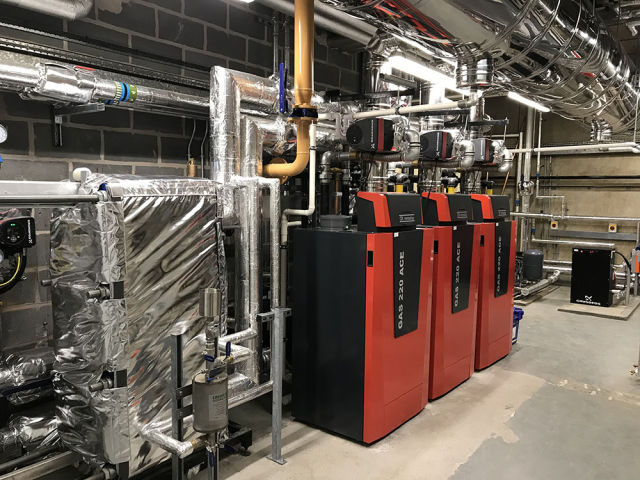
Offsite fabricated heating techniques offer numerous benefits that can help resolve common refurbishment challenges, says Paul Arnold.
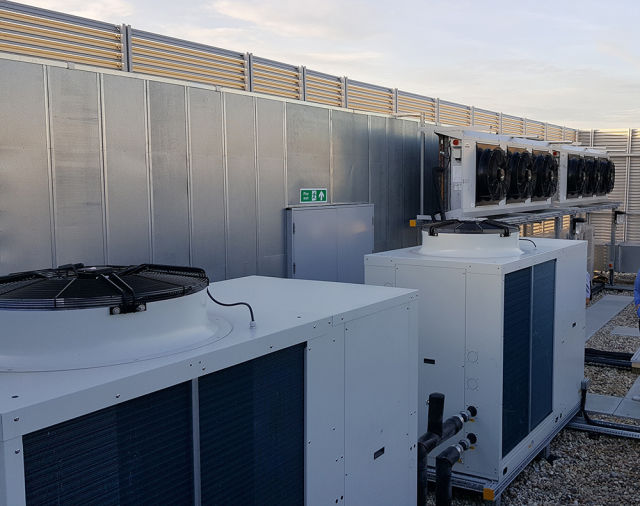
Hybrids will be key to cutting carbon
A radical strategy for decarbonising heat in the residential market could also bear fruit in commercial buildings, according to Liam Elmore.

Hot topic of the moment is how to supply heating and hot water to buildings while meeting tougher targets on energy and carbon. Craig Dolan looks at the solutions available.

In October, government launched a consultation on the Future Homes Standard. Karen Fletcher looks at the proposals, with a focus on plans for domestic heating.

With the latest piece of emission legislation in place for over six months with little fanfare, Charlie Mowbray looks at the implications to both new and existing boilers.
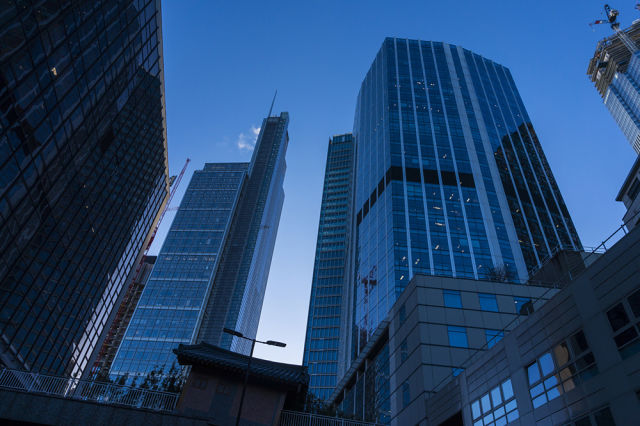
Tom Murray explores some of the most important factors relating to water heater specification.
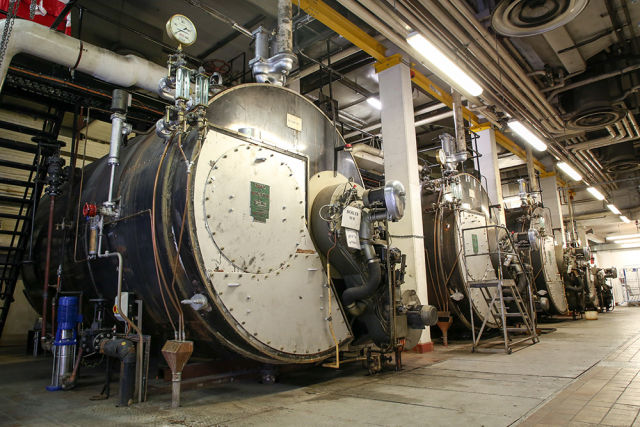
Ryan Kirkwood looks at how a combination of good boiler selection and efficient design can help overcome installation challenges in older buildings
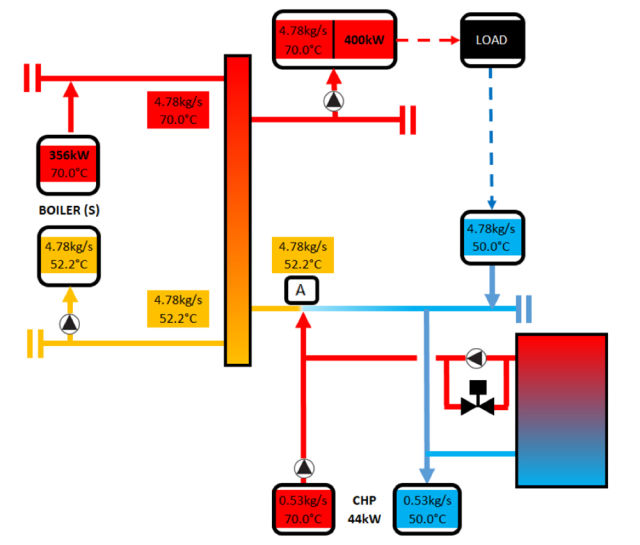
As energy targets and legislative requirements tighten, low carbon equipment like CHP is increasingly integrated into multi-component solutions for compliance with Building Regulations.

The NHS spends huge amounts of money on energy each year. Daniel Sturch examines an efficient and effective way to battle these costs and provide heating to these vital buildings.

David Simoes considers the importance of temperature in learning environment and looks at some of the heating options available.
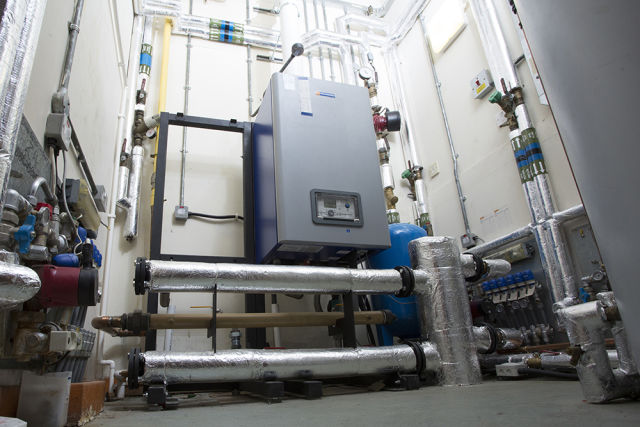
Andrew Dabin explains hydraulic separation methods for heating system refurbishment and why they are so important to consider.
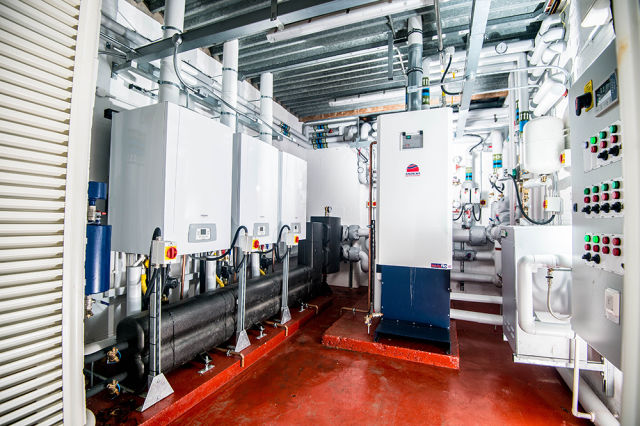
Tom Murray explains how a whole life costing approach to boilers leads to better choices for designers and end-users.
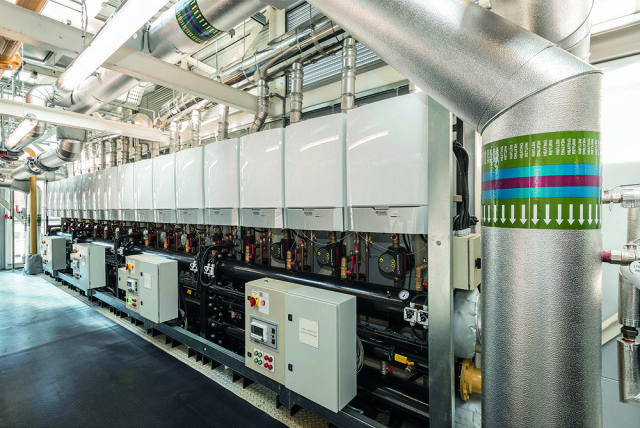
Maximising use of on-board and cost-effective optional controls is a simple step that can enhance both boiler and system performance, says Paul Arnold
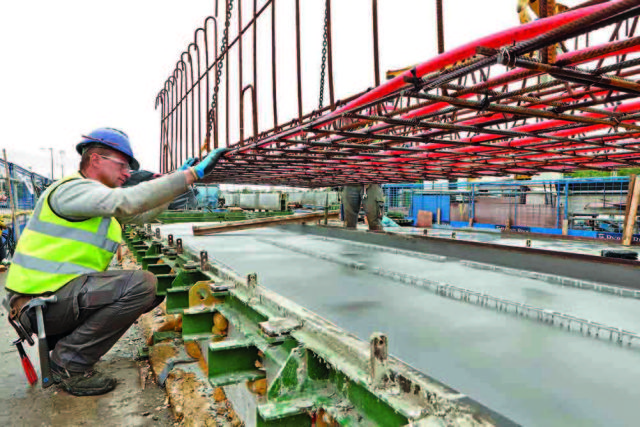
Drew Clough explains why contractors should be changing their business model to accommodate offsite construction and in doing so improve the efficiency and productivity of their business.

Andy Green outlines the current legislative requirements to reduce NOx emissions and how the commercial HVAC sector should continue to implement change.

The habit of stealing time out of the commissioning period to make up for delays earlier in a project regularly undermines the overall design intent, says Lochinvar’s Paul Mitchell.

Moving to smart prosumer buildings
As long as renewable power generation sources are weather-dependent, the UK will need to ensure sufficient back-up from other sources. Beata Blachut explains the importance of ‘prosumer’ buildings, ideally alongside 4G heat networks
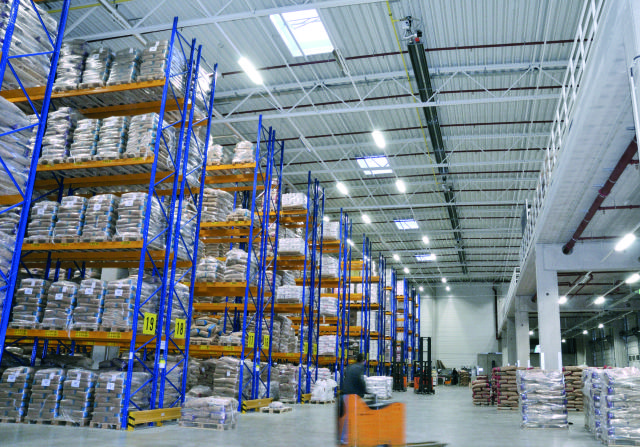
A radiant future for gas-fired heating
The option of gas-fired radiant heating offers a solution for industrial and commercial projects.

Times are changing for the heating sector. Russell Dean maps out the route from harmful fossil fuels to clean energy.

Stephanie Gregory looks at the alternative approach to heating for a decarbonised future.

Government has pledged to cut carbon from the UK’s domestic and commercial heating system. It’s a noble objective, but one that poses a series of challenges, says Karen Fletcher

Chris Davis considers changes to the carbon emission factors in the updated GLA planning guidance will have for the specification of heat networks and selection of heat interface units.
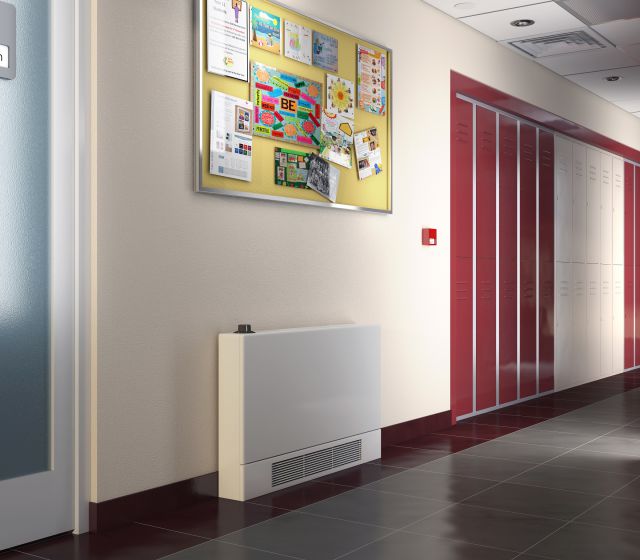
There are responsibilities that many building owners have for providing a safe environment. And safe heating is one of those obligations. Chris Harvey explains.

Fujitsu General Air Conditioning becomes GENERAL HVAC Solutions UK
Fujitsu General Air Conditioning (UK) has become GENERAL HVAC Solutions UK from 1st January 2026, strengthening its long-term position within the global Paloma Rheem Holdings (PRH) group.
Market performance indicates encouraging signs for future of BEMS sector
Highlighting an increased desire from property developers, architects and designers to decarbonise the UK’s building stock through the specification and implementation of building controls and automation, the building energy management systems (BEMS) market showed steady progress in Q3 – rising 2.6% compared to the previous quarter.






